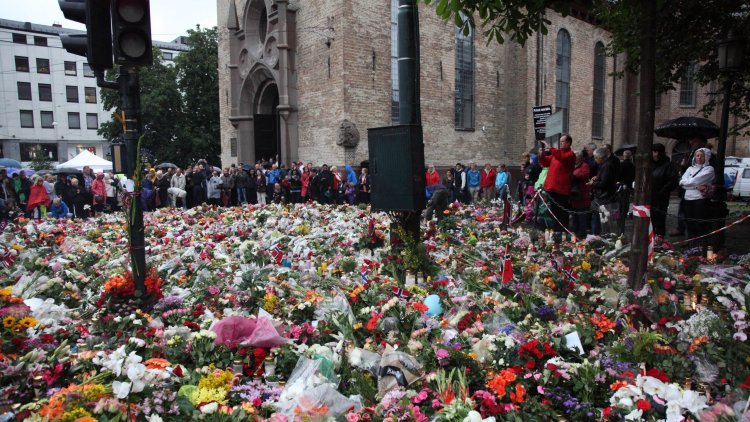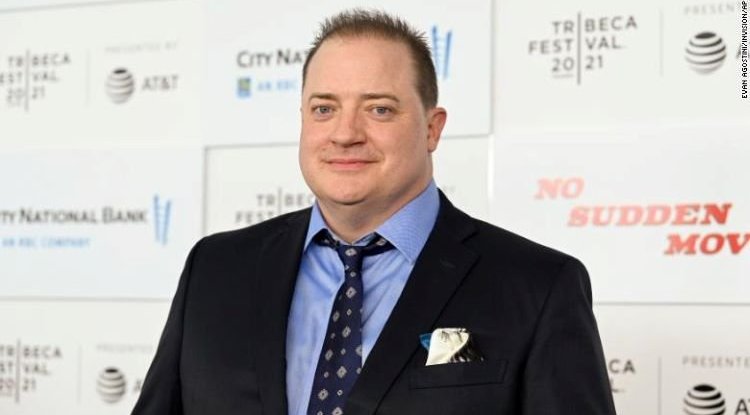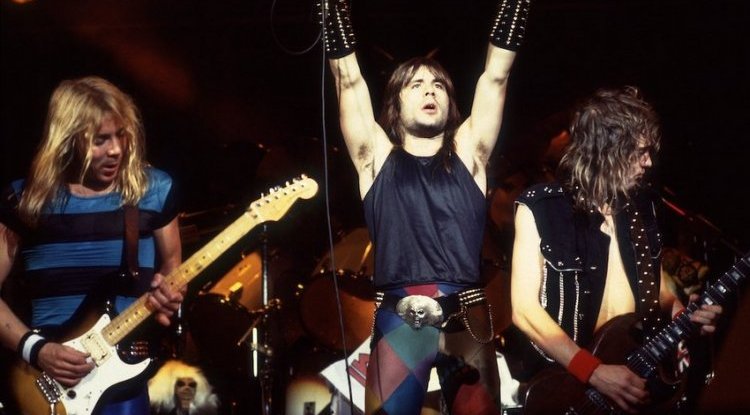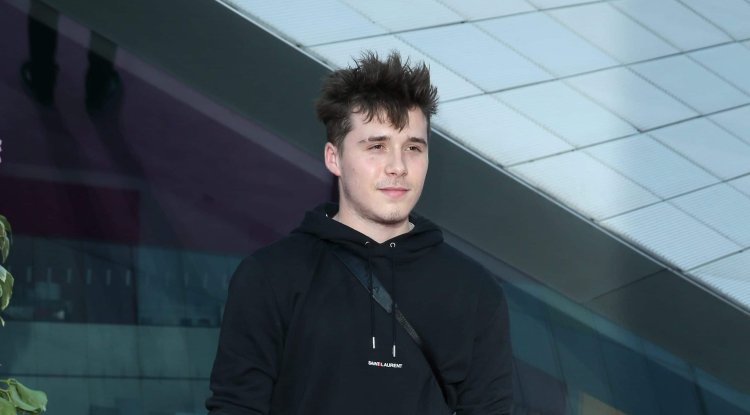After ten years Breivik is seeking parole!
Just ten years after carrying out the deadliest attack in Norway, Anders Breivik will ask the court on parole on Tuesday..

Victim families are in fear that Breivik will use the hearing to promote his political views, and they are asking that the attention he is looking for stay denied.
For security reasons, the municipal court in the southern region of Telemark will hold a hearing on Breivik's request in the Skien prison gym, where Breivik is serving his sentence.
Breivik, who killed 77 people, was sentenced to 21 years in prison in 2012, with the possibility of an indefinite extension of his sentence. He is a threat to society.
At the time, it was the largest possible sentence in Norway, although the law has since been amended to allow longer prison sentences to be imposed.
The extremist had to serve at least ten years in prison before applying for parole. Breivik, 42, killed eight people in Oslo by detonating a truck full of explosives in front of government offices in Oslo on July 22, 2011. He then shot 69 people, mostly teenagers, at the summer camp on the island of Utoya.
It is the deadliest attack in Norway since the Second World War, and the court is expected to reject his request.
"As in any other state with the rule of law, a convict has the right to apply for parole. Breivik has decided to use that right," his lawyer, Austin Storvik, told.
In court and in various communications, including with the AFP, Breivik has claimed in the past that he has distanced himself from violence. However, Tore Bjorko, head of the Center for the Study of Extremism (C-REX) at the University of Oslo, says Breivik has not "become a minor extremist in ideological terms".
"Now he presents himself as a National Socialist. Although he says that, as far as he is concerned, armed struggle is a thing of the past, he has not distanced himself in any way from the mass murder he committed and which he considers completely legitimate," he said.
In the lawsuit against the Norwegian state, which he filed in 2016 due to isolation in prison, Breivik compared himself to Nelson Mendel, emphasizing that he switched from armed to political struggle.
However, the extremist who killed most of his victims with a shot to the head did not express credible remorse to anyone.
He used court hearings to spread the propaganda he outlined in his manifesto, published shortly before the deadly attacks.
He saluted in court with a Nazi salute, so he used the opportunity for ideological monologues. For the families of his victims, every new court hearing and his stunts that followed were a temptation.
Ahead of the last three-day hearing, which will be broadcast live, the group that supports the families of the victims emphasizes that it wants "the smallest possible focus to be on the terrorist and his message."
"Any mention of this case in general, and of terrorists in particular, is a great burden for the survivors, parents and those affected by the terrorist attacks in Norway," they said.
Breivik's attack was an inspiration to others, such as the attacker on mosques in Christchurch, New Zealand in 2019, as well as other prevented attacks around the world.
Few in Norway question Breivik's right to seek parole after ten years, largely because he is expected to be denied. Our greater concern is the fact that he will receive attention at the hearing.
"I feel it is quite absurd that he received so much attention by seeking release only after ten years," Kristin Rhineland, president of the group for supporting the families of victims, who lost her daughter (18) in Utoja, told Norwegian television, NRP Lisbeth.
Despite the nature of his crimes, Norway tends to treat Breivik like any other prisoner.
Following Breivik's lawsuit, the Norwegian state was found guilty in 2016 of the "inhumane" and "degrading" treatment of Breivik, due to his isolation from other prisoners. The verdict was overturned after an appeal.
Breivik has three rooms in prison, a television, a DVD, game consoles, and a typewriter. Those are quite interesting conditions for men who killed so many people!




























